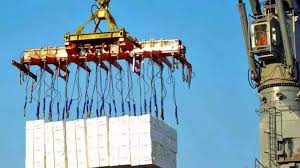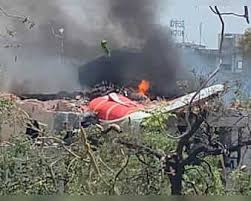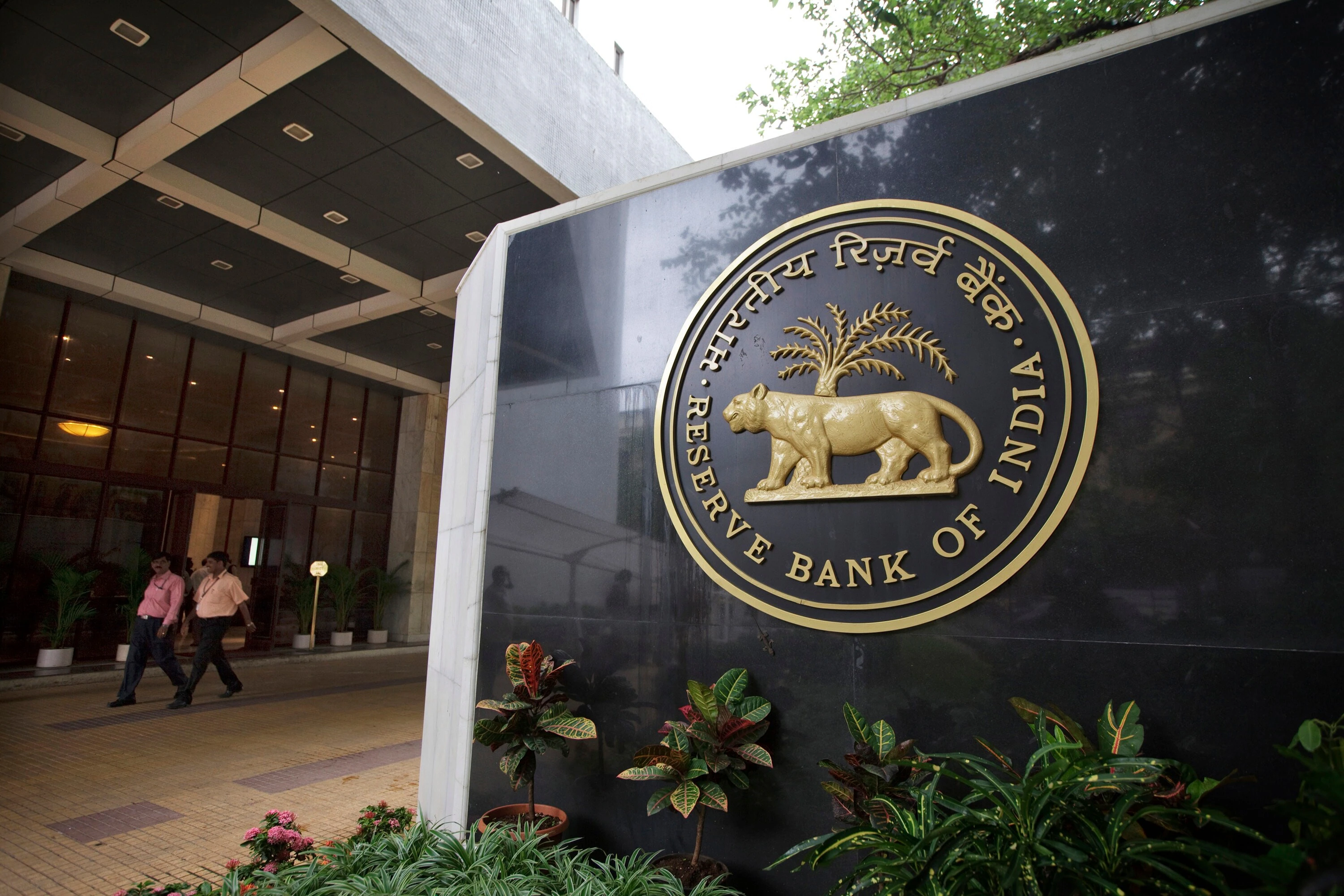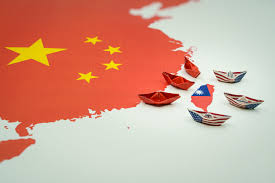Iran-Israel conflict enters fourth day
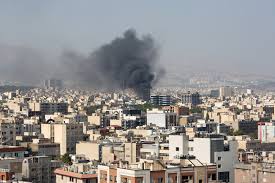
NEW DELHI: The direct conflict between Iran and Israel has entered its fourth day, with heavy military exchanges and mounting casualties prompting a surge in international diplomatic efforts aimed at preventing the crisis from engulfing the broader West Asia region.
Amid intense hostilities, dozens have been killed and significant infrastructure destroyed. Simultaneously, a complex web of backchannel negotiations is unfolding, involving world powers and regional actors working urgently to contain the spiraling conflict.
Iran launched missile attacks targeting Israeli cities, including Haifa, where strikes injured at least 15 people, according to Israel’s National Emergency Service. In response, residents of Tehran reported powerful explosions, with Iranian authorities confirming missile impacts in northern districts like Niavaran and Tajrish, as well as central areas including Valiasr and Hafte Tir squares.
Israel has escalated its offensive beyond Tehran, hitting cities such as Shiraz and Isfahan. Notably, an Israeli airstrike targeted a military base of Iran’s Defense Ministry. The Israeli military also announced its longest-range operation of the conflict, striking an aerial refueling aircraft at Mashhad Airport in eastern Iran. Over 250 Iranian sites have been attacked so far, including what Israel claims are nuclear command centers and vital energy infrastructure.
While the military situation intensifies, diplomacy remains fraught. Iran has suspended its participation in nuclear negotiations previously scheduled to take place in Oman, labeling talks with the U.S. "unjustifiable" amid ongoing Israeli aggression.
Foreign Minister Abbas Araghchi signaled Iran’s conditional openness to a nuclear deal, reiterating Tehran’s refusal to abandon its nuclear rights while confirming it does not seek to develop weapons. At the same time, Iran has approached Qatar and Oman to mediate a potential ceasefire with Washington. Saudi Arabia is also reportedly involved in quiet diplomacy to de-escalate tensions.
U.S. President Donald Trump expressed optimism, stating that efforts are underway through backchannel talks and that he expects a breakthrough “soon.”
The United Nations Security Council convened an emergency session, where Iran accused Israel of declaring war, while Israel defended its strikes as legitimate self-defense. The meeting ended without a binding resolution, underscoring deep divisions within the international community and its limited ability to act decisively.
European leaders have urged a diplomatic resolution but remain on the periphery of active negotiations. Cyprus has played a minor role, reportedly transmitting messages between the two sides via intermediaries.
Despite growing diplomatic momentum, Israel has shown no signs of halting its military campaign. Israeli leaders have demanded the complete dismantling of Iran’s nuclear program and warned of further strikes unless Tehran makes verifiable concessions. Iran, in turn, has threatened to target U.S., British, and French military assets in the region if they assist Israeli defenses — a move that has added layers of complexity to Western involvement.
While Washington continues to support Israel’s defense and publicly calls for restraint, the path to a ceasefire remains uncertain. The fear of regional spillover is growing, with global leaders warning that the escalating conflict could lead to irreversible humanitarian, economic, and geopolitical consequences if not contained soon.


